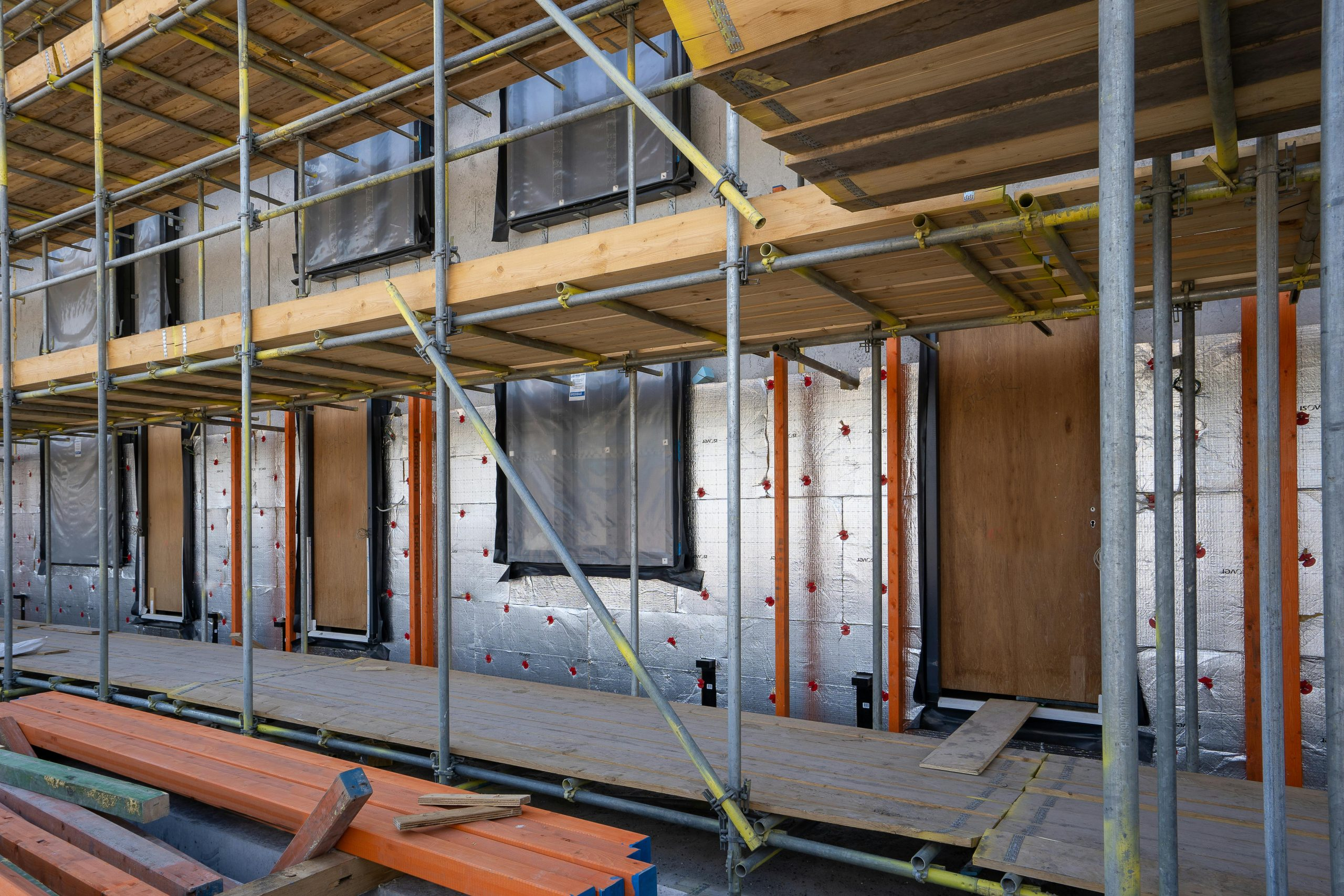The Economic Ripple Effect of New Housing Construction
New housing construction has always held a significant role in the economy. From creating jobs and boosting the housing market, to generating tax revenue and stimulating local businesses, the ripple effect of new housing construction is undeniable. As the country continues to recover from the economic impact of the COVID-19 pandemic, the importance of new housing construction in driving economic growth is more apparent now than ever before. In this article, we’ll explore the economic ripple effect of new housing construction and its impact on various aspects of the economy.
Creating Jobs and Boosting the Housing Market
The construction of new housing units creates a ripple effect throughout the economy, starting with job creation. According to the National Association of Home Builders (NAHB), the construction of 1,000 single-family homes creates an average of 2,900 jobs. These jobs span across various sectors, such as construction, manufacturing, and professional services. As more people are employed in these industries, their spending power increases, leading to a boost in the housing market.
Increased demand for housing translates to higher home prices, which benefits homeowners and the construction industry. The rise in home values encourages more property owners to list their homes for sale, providing more inventory for potential homebuyers. This trend also creates a positive cycle, as homebuilders are motivated to construct more homes to meet the growing demand.
Generating Tax Revenue
The construction of new housing units not only brings new jobs and home sales but also generates tax revenue for municipalities and governments. Property taxes, sales taxes, and income taxes from new jobs and businesses all contribute to the local and national economy. According to a report by the NAHB, the construction of 1,000 single-family homes generates an average of $28 million in local and state tax revenue.
In addition, as homes are built and occupied, the local economy benefits from an increase in consumer spending. Homeowners spend money on furniture, appliances, and home maintenance, providing a boost to local businesses and sales tax revenue.
Impact on Local Businesses
The economic ripple effect of new housing construction goes beyond the housing market. Local businesses also benefit from the increase in housing developments. As new homes are built, local businesses such as hardware stores, landscaping companies, and home service providers see a surge in demand for their services. This results in the creation of additional jobs and stimulates the local economy.
Besides providing goods and services for new homeowners, local businesses also benefit from an influx of construction workers and their families. These temporary residents boost the local economy by spending money on food, transportation, and leisure activities.
The Role of Government Policies
The promotion of new housing construction is essential for economic growth, and government policies play a significant role in incentivizing it. Tax incentives, low-interest rates, and streamlined permitting processes are all measures that can encourage home construction. These policies not only benefit the construction industry, but also stimulate the economy as a whole.
During the pandemic, the U.S. government implemented measures to support the housing market and aid in economic recovery. For instance, the Federal Reserve lowered interest rates, making it cheaper for builders to borrow funds for construction projects. In addition, the government allocated funds for affordable housing initiatives, creating jobs and stimulating the economy.
In Conclusion
The economic ripple effect of new housing construction is a crucial factor in driving economic growth. From job creation and an increase in home values to the generation of tax revenue and the stimulation of local businesses, the impact of new housing construction is felt across various sectors of the economy. As we continue to navigate the challenges posed by the COVID-19 pandemic, the importance of promoting and supporting new housing construction cannot be overstated. By understanding and harnessing the economic benefits of new housing construction, we can lay the foundation for a stronger and more resilient economy.










